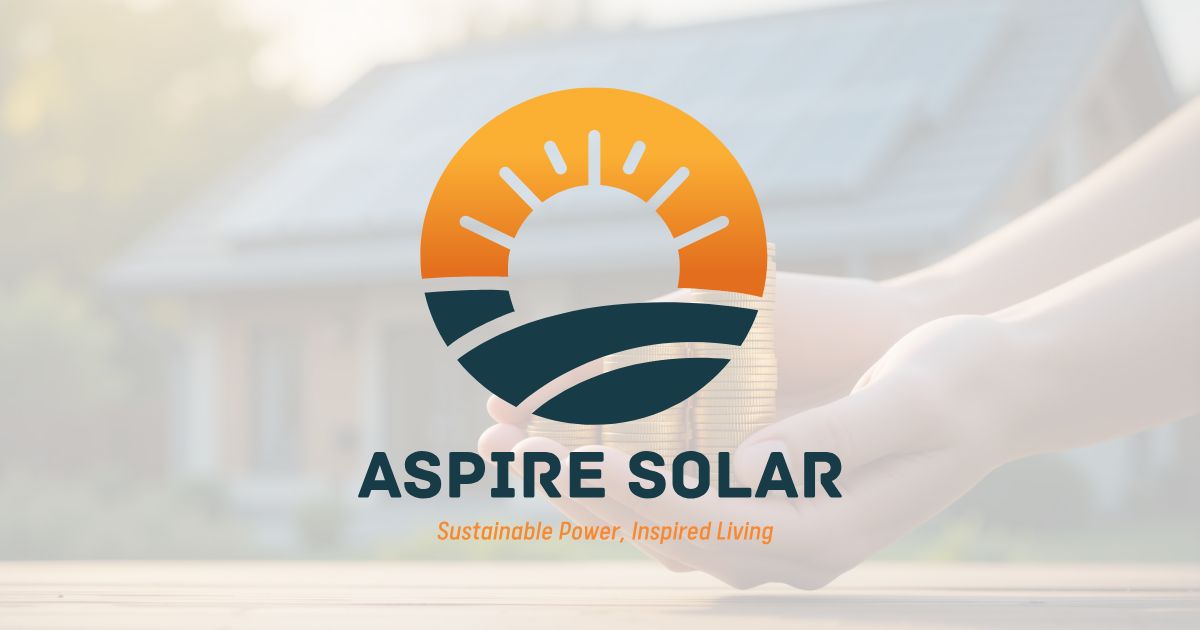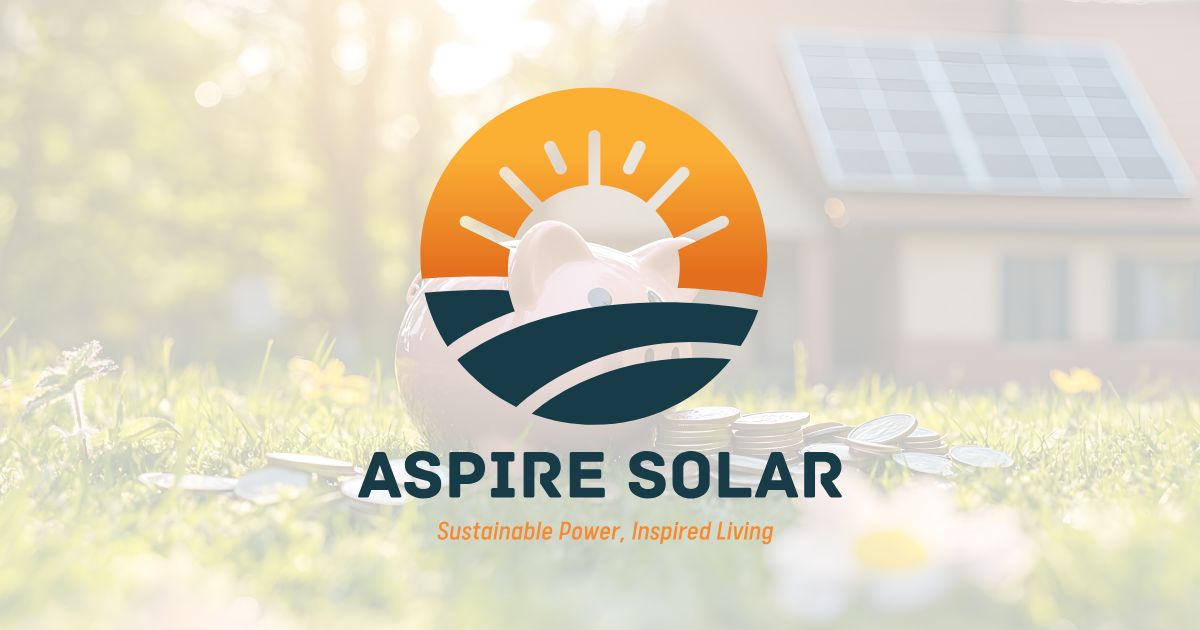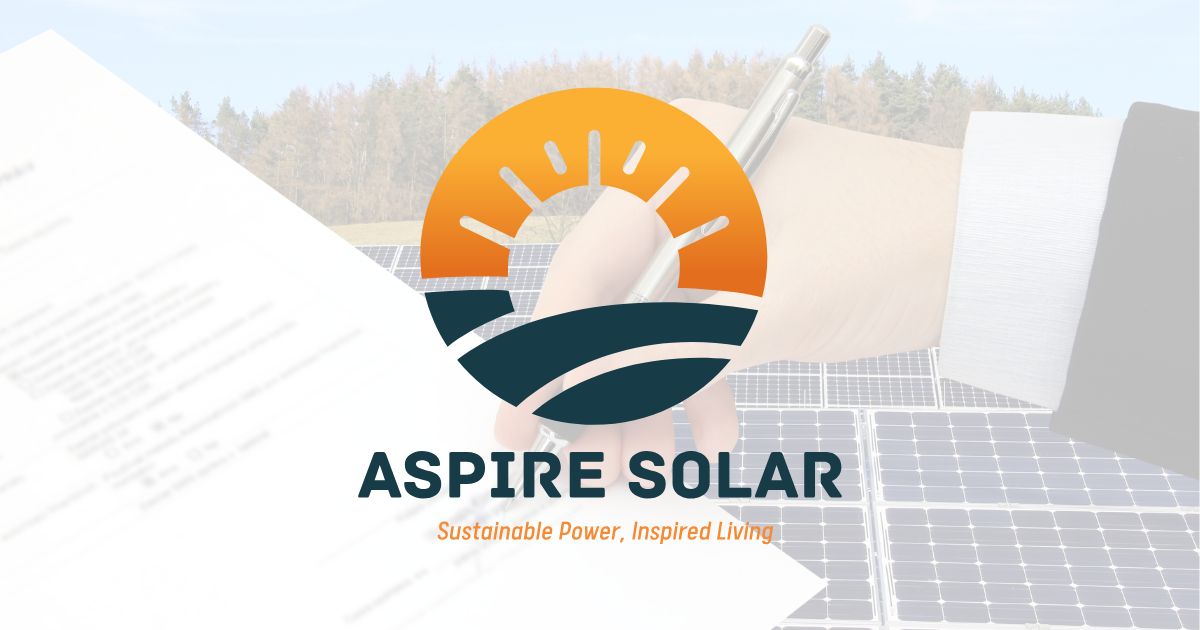The Big Decision for Florida Homeowners
For many Florida homeowners considering solar energy, one of the most important questions is: Should I purchase my solar panels, or lease them? On the surface, leasing may seem attractive. With little to no money down, predictable payments, and immediate access to solar power.
But in practice, leasing solar panels in Florida isn’t in the best interest of the homeowner. Between lost tax incentives, lower ROI, and complications when selling a home, leasing can end up costing thousands more in the long run.
If you live in Tampa Bay, Pasco County, Wesley Chapel, or surrounding areas, here’s what you need to know about the purchasing vs. leasing debate.
ROI with Ownership vs Leasing
1. Purchasing Solar in Florida
- Example: A $20,000 solar system.
- With the 30% tax credit (before 2025), net cost = $14,000.
- ROI achieved in 6–8 years, with 20+ years of free electricity.
- Increases home value by an average of 4.1% (per Zillow studies).
2. Leasing Solar in Florida
- Monthly lease payments often equal (or exceed) the average electricity bill.
- Homeowner receives no tax credit.
- Leasing companies typically capture the majority of long-term savings.
- Contracts often last 20–25 years, with escalating payments.
Bottom line: Purchasing provides ownership, equity, and full ROI. Leasing limits benefits and transfers most of the value to the solar company.
The Tax Credit Problem with Leasing
Florida homeowners installing solar before December 31, 2025, qualify for the 30% Residential Clean Energy Credit. But only if they own their residential solar system.
- If you purchase a $20,000 system, → $6,000 in immediate tax savings.
- If you lease, the credit goes to the leasing company, not you.
That alone makes purchasing far more financially advantageous.
Resale Value & Home Equity in Tampa Bay
In competitive housing markets like Wesley Chapel, Land O’ Lakes, and Tampa Bay, owned solar panels increase property value and resale speed. Buyers see reduced electric bills as a bonus.
But with leased panels.
- Buyers may be hesitant to take over a long lease.
- Lenders often complicate the mortgage approval process.
- Sellers may have to buy out the lease to close the sale.
This creates friction in the real estate process, reducing solar’s benefits.
Solar Leasing Limitations in Florida
1. No Energy Independence – Leasing companies may place restrictions on system size or performance guarantees.
2. Escalating Payments – Many leases increase yearly, outpacing utility savings.
3. Lack of Control – Repairs, upgrades, or add-ons require lease company approval.
Florida’s rising utility rates, with a 12% increase in 2024, make ownership a hedge against inflation. Leasing solar equipment does not provide that same financial stability.
Financing Options for Purchasing Residential Solar
For homeowners worried about upfront costs, financing bridges the gap:
- Solar loans with terms of 10–20 years.
- Payments are often lower than monthly utility bills.
- System ownership (and tax credit eligibility) remains intact.
This gives Florida homeowners the best of both worlds: affordable monthly payments and long-term ROI.
Bottom Line
When it comes to purchasing vs. leasing solar in Florida, ownership delivers:
- The 30% federal tax credit (until 2025).
- Shorter ROI windows (6–8 years vs. never for leasing).
- Higher property value and resale ease.
- Long-term independence from rising electricity costs.
At Aspire Solar, we help families in Pasco County, Tampa Bay, and Wesley Chapel maximize ROI with solar ownership solutions, not leases. Ensuring every dollar invested works for you, not a leasing company.


